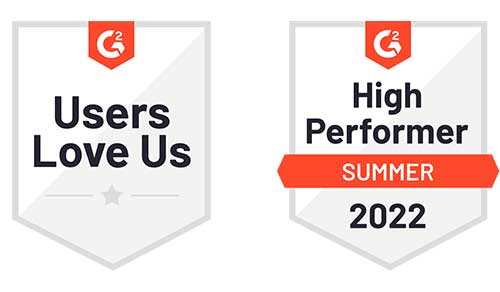Successful project execution involves coordinating people and resources, as well as integrating and performing the activities of the project in accordance with the project plan. The Project Execution Plan is the ‘road map’ used by the project team to deliver the agreed project outputs. The Project Execution Phase is the third phase and the longest phase in the project life cycle which typically consumes the most energy and the most resources. In this phase, you will build the physical project deliverables and present them to your customer for sign-off. Here are a few best practices that you can consistently add to your projects to make a difference:
Formally Kick Off the Project: Make the project kickoff a formal occasion, and make sure all the important people are there. Do this whether it’s a $50,000 project or a $50 million project. The $50k project may kick off over the phone if the budget doesn’t allow for a face-to-face gathering, but do it anyway. You aren’t limited by technology in this area, so make it nice and make it formal. A formal project kick-off meeting sets clear expectations for the project, and gives your clients confidence in your execution. With Cloud Coach, you can automatically create this meeting whenever you create a new project with the key discussion points.
Document the Project Well: Documentation may seem like a broad best practice – but the key is to be thorough and purposeful with your documentation. Create some formal plans that mean something, like:
- Communication plans on how project discussions will happen;
- Required documents putting the project scope in perspective for each stakeholder;
- Design documents that help developers move forward with coding and testing the solution they are working on.
You should also have your client (whether internal or external) review and sign off on key project documents, making them them official. Let the formality and effort match the budget, visibility and importance of the project. Documentation is important so do it right. Peer review all documentation before giving it to the customer. Handing off poorly prepared documents not only creates challenges throughout project execution, but reduces your customer’s confidence.
Conduct Regular Status Calls with the Client: With the frequent contact via email, Skype and irregular phone calls, everything is usually well-covered on consulting gigs. But with projects, it’s a different story. Keeping your customer happy and feeling in-the-loop is important to the success of your project. Ensuring that your team is on track and isn’t missing anything is equally important. Always conduct regular calls with your team and your customer. You can also use the Cloud Coach external project view to allow clients to check in on project progress anytime.
Help your Customers with Testing – to an Extent: Depending on your project deliverable, your clients may need to test what you’ve created. You can help ensure long-term satisfaction by assisting with test planning and test cases. Be there to help when they run into issues (and they will). This testing is the last opportunity for your customer to make sure that the project deliverables meet expectations. When finished, the team should expect formal customer approval.
Put Together a Solid Closeout Checklist: Finally, do a very thorough job with the project closeout. Don’t just wing it when making sure everything is in proper order for deployment, rollout, or implementation. Make sure that:
- All deliverables are done and signed off;
- All tasks are complete;
- All training is in place;
- All testing has been done, etc.
When you close out your project, it’s also important to review any risks and issues that came up during project execution so that you can avoid them in the future. You may also want to review your project plan against actual project execution, including things like project, phase and task duration, as well as budgeted expenses.

























